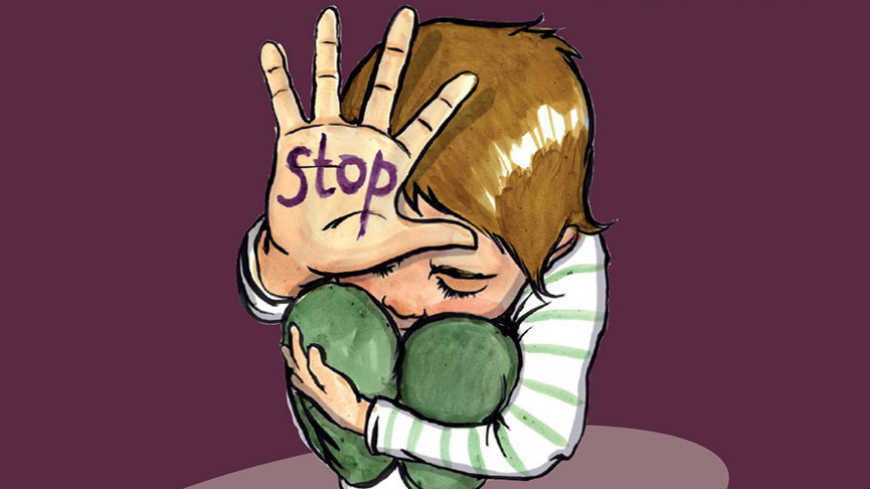On 6 June 2019, the Committee of the Parties to the Council of Europe Convention on the Protection of Children against Sexual Exploitation and Sexual Abuse (“Lanzarote Committee”) adopted an evaluation report concluding that European states have only partially implemented recommendations of 2017 to protect children affected by the refugee crisis from sexual exploitation and sexual abuse. The Lanzarote Committee notably recommended effectively screening all persons who by their professions have regular contact with children affected by the refugee crisis for convictions of acts of sexual exploitation or sexual abuse of children. As of now, eight of the 41 states surveyed (Finland, Iceland, Liechtenstein, Republic of Moldova, North Macedonia, Slovenia, Sweden and Ukraine) have implemented this recommendation only partially. The screening procedures in these states either don’t exist or are applied only to a limited range of professions and often are not obligatory.
On 6 June 2019, an assessment report adopted by the Lanzarote Committee “deplored” the lack of effective measures taken to protect migrant and asylum-seeking children from sexual exploitation and sexual abuse in transit zones at the Serbian/Hungarian border. Following up on a visit to transit zones in 2017 and recommendations made to Hungarian authorities last year, the Lanzarote Committee has determined that children in these zones continue to face unnecessary risks, because Hungarian authorities have not done enough to protect them, despite a few positive developments (such as trainings put in place and the setting up of shaded areas).
On 27 May 2019, the Children´s Rights Division published a report “Hear us out! Children in migration speak out about age assessment”. The report is based on the outcome of consultations with 52 unaccompanied children who have experienced age assessment in the context of immigration and asylum procedures in four countries, Cyprus, Germany, Greece and Portugal. These consultations were carried out in co-operation with and with the support of Hope for Children CRC Policy Center (Cyprus), the German Children and Youth Foundation (Germany), the Network for Children’s Rights (Greece) and the National Commission for the Promotion of Rights and Protection of Children and Youth (Portugal). The report aims to support policy makers to better understand age assessment processes from a child’s point of view. Its findings are currently being considered by the Ad hoc Committee for the Rights of the Child (CAHENF), as it pursues its work to prepare guidelines for member states on human rights compliant age assessment procedures.
On 27 May 2019, in Lisbon, at the Council of Europe-UNHCR seminar on protecting refugee and migrant children in Portugal, the CAHENF Chair, Ms Maria-Andriani Kostopoulou, presented the latest updates on the draft Recommendation on effective guardianship for unaccompanied and separated children in migration. The Children's Rights Division's activities were also presented including the latest publications on "How to convey child-friendly information to children in migration: A handbook for frontline professionals" and the report on consultations with unaccompanied children on the topic of age assessment : "We are children, hear us out!: Children speak out about age assessment", with a focus on consultations implemented in Portugal, building on the previously issued survey on age assessment.



